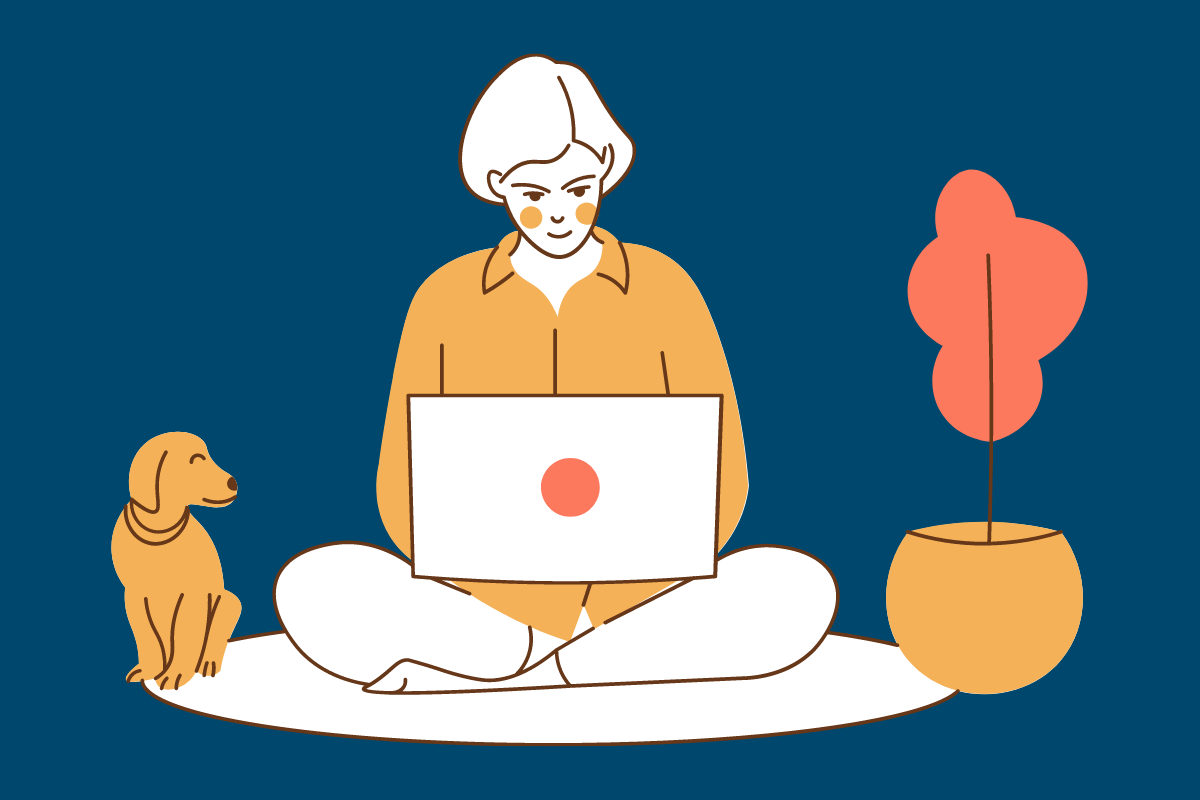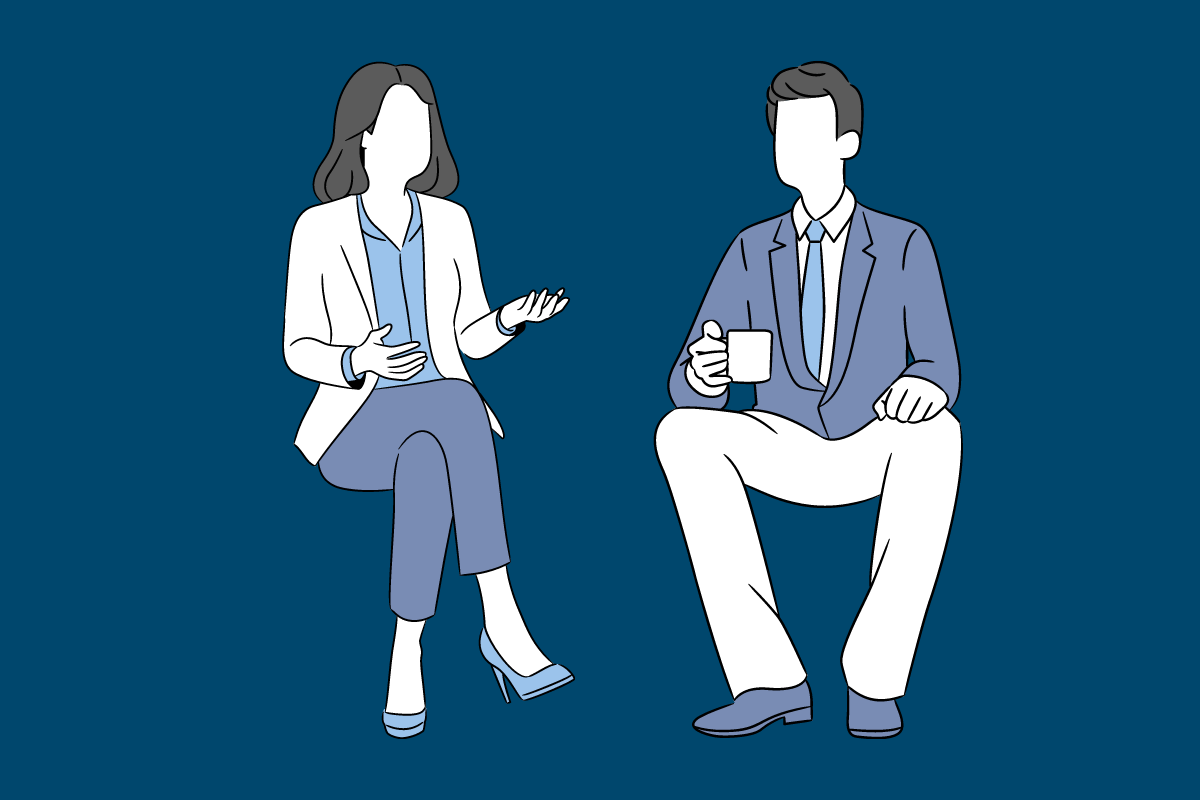Discrimination happens all around us, both online and in real life. It makes people feel unsafe, unwelcome, and like they have to hide who they are.
Whether you’re a part of a group that typically experiences discrimination or not, it’s important that we do all we can to let those on the receiving end know they are welcome and safe.
Speaking out against discrimination (when safe to do so) can be an important way to show support.
We offer some advice to address discrimination when you witness or experience it in your life.
What is discrimination?
Discrimination is the unfair treatment of people and groups based on traits such as race, gender, age, or sexual orientation. It can be extremely damaging and, in many cases, is against the law.
Mission Australia’s Youth Survey Report 2020 revealed that young Australians aged 15-19 years old have significant concerns relating to equity and discrimination.
For the first time, equity and discrimination was reported as the top national issue for young people, rising from third place in 2019 (24.8%) to the top spot in 2020 (40.2%) – an increase of more than 60% year on year.
Discrimination can happen anywhere, from school and work to the shopping centre and on public transport. Obvious examples of discrimination might be someone not getting a promotion because they’re pregnant, or someone of Asian heritage being blamed for COVID-19.
Here are some other more general examples of discrimination:
- Being teased, bullied, harassed, or threatened
- Being excluded or left out
- Being ganged up on
- Being made fun of
- Being made to do hurtful or inappropriate things
- Having to defend who you are and what you believe against stereotypes.
Speaking Out Against Discrimination
If you see something that makes you uncomfortable, you can voice your concerns. It’s important to make sure you keep your safety your number-one priority in these situations, though.
Sometimes, speaking up can put you at risk of being hurt – whether physically or emotionally.
If you don’t feel confident or safe taking a stand against discrimination, you can show support in other ways, like by offering help to the person/people affected so they don’t feel alone.
Or you can ask someone with authority to step in, like a parent, teacher, boss, or even the police.
If you feel like it is a safe situation for you to speak up, you might like to keep these things in mind when addressing discrimination:
- Be calm and direct. If you can’t stay calm, try walking away and approaching the person later.
- If possible, ask someone to join you so you’re presenting a united front. There’s safety in numbers.
- Use “I” statements to avoid sounding accusatory. For example, “I noticed you singled this person out” or “I’m uncomfortable with that joke.”
- Explain that what they’ve said or done has upset you or could hurt others. If they’re speaking out of ignorance, this could be a good opportunity to educate them and help them see a different perspective.
If you’re impacted by discrimination, counselling might help. Our counsellors can support you to explore the issues you’re facing and find possible solutions. You can learn more about our counselling service here, or call 1300 364 277 to make an appointment.


